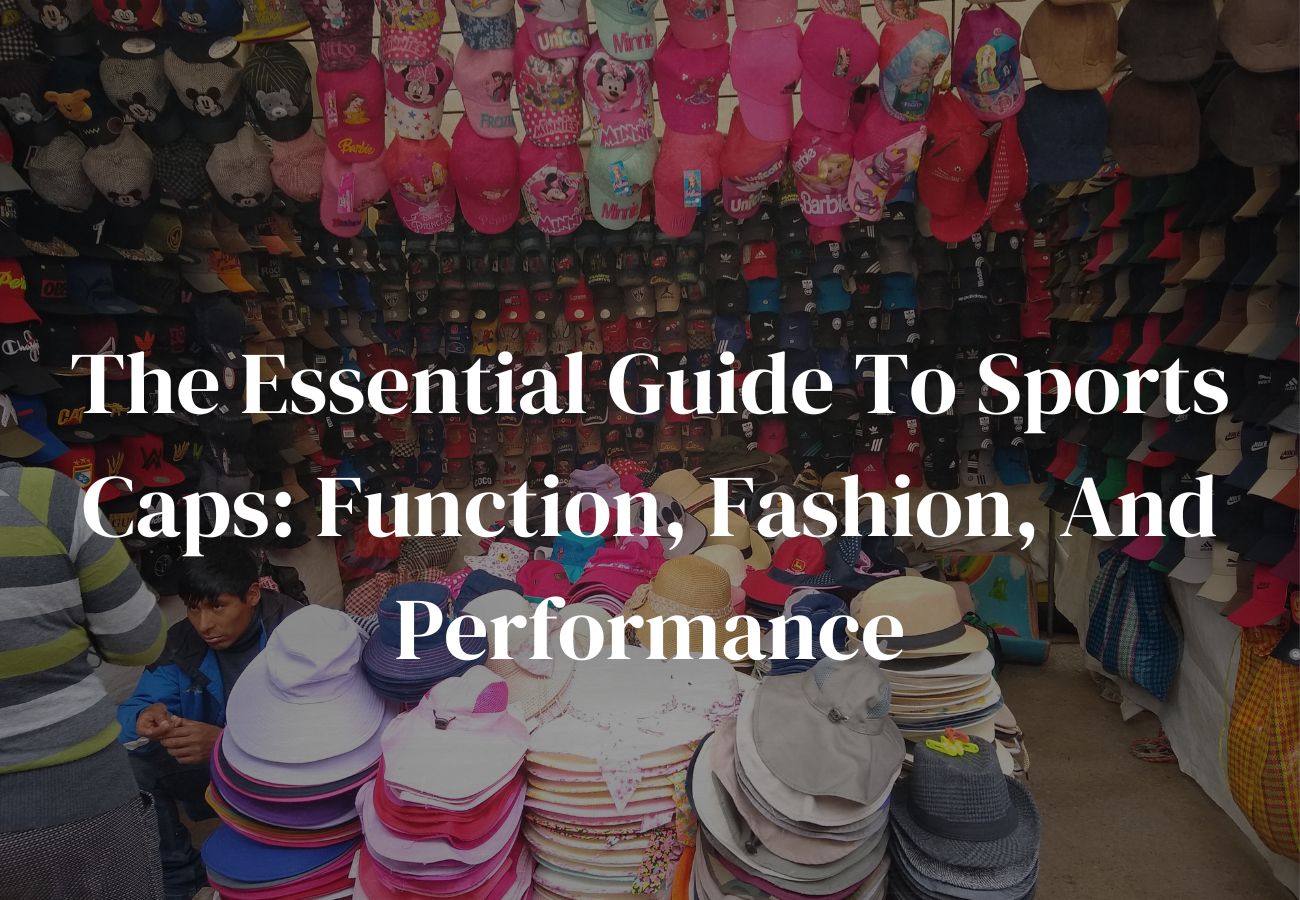The United States boasts a robust and diverse banking system, offering a wide range of financial services to individuals and businesses. But can just anyone walk in and open an account? The answer is both yes and no, with some nuances depending on your citizenship and residency status. This guide will explore who can bank with the USA and the different avenues available.
US Citizens and Residents: A Clear Path
For US citizens and permanent residents, opening a bank account is a straightforward process. They can walk into a branch of their chosen bank or credit union with the necessary documentation, which typically includes:
-
Valid government-issued ID: This could be a passport, driver’s license, or state ID card.
-
Social Security Number (SSN): This unique identifier is crucial for tax purposes and verifying your identity.
-
Proof of address: A utility bill, lease agreement, or bank statement with your current address will suffice.
With these documents, you can open a checking or savings account, access online banking features, and enjoy the full benefits of US banking.
Non-Residents: Navigating the Options
For non-residents, navigating the US banking system can be a bit trickier. Here’s a breakdown of the options available:
-
Limited Banking Services: Some banks offer non-resident accounts with limited functionalities. These accounts might not allow features like check writing or debit cards, but they can be helpful for holding funds in USD.
-
ITIN and Alternative Verification: An Individual Taxpayer Identification Number (ITIN) can be obtained by non-resident aliens who need a tax filing number but are not eligible for an SSN. Some banks might accept ITINs in place of SSNs for opening accounts, though this isn’t universally available. Additionally, providing alternative verification documents like employment contracts or proof of income can strengthen your application.
-
Relationship Banking: Building a relationship with a bank, potentially through a local branch near your workplace or residence, can be beneficial. They might be more flexible in accommodating your needs as a non-resident.
-
Foreign Banks with US Presence: Many international banks have branches or subsidiaries in the US. If your home country bank has a US presence, opening an account there might be a smoother transition, especially if you already have a banking relationship with them.
Challenges and Considerations for Non-Residents
Here are some key challenges non-residents might face when opening a US bank account:
-
Stricter Requirements: Banks might have stricter verification procedures for non-residents, requiring additional documentation or higher minimum deposits.
-
Limited Account Features: Non-resident accounts often have fewer features compared to those offered to residents.
-
Maintaining Minimum Balances: Some accounts might have higher minimum balance requirements, which can be inconvenient if you don’t keep a large sum of money in the US.
Beyond Traditional Banks: Exploring Alternative Options
If opening a traditional US bank account proves challenging, consider these alternative options:
-
Online Banks: Several online banks cater specifically to non-residents, offering competitive rates and easier account opening processes.
-
Prepaid Cards: While not technically bank accounts, prepaid cards can be a good option for managing your US finances. These reloadable cards allow you to make purchases and access ATMs without a traditional bank account.
-
Money Transfer Services: Services like Wise or Remitly can be helpful for transferring funds internationally, though they might not offer the full suite of banking services.
Choosing the Right Banking Solution: Tailoring it to Your Needs
The best banking option for you will depend on your specific needs. Consider factors like:
-
Your residency status: Are you a non-resident, international student, or temporary worker?
-
Frequency of US visits: How often will you be using the account?
-
Intended use of the account: Do you need features like check writing or debit card access?
-
Minimum balance requirements: Can you comfortably maintain the required minimums?
By carefully considering these factors, you can choose the banking solution that best suits your circumstances.
The Takeaway: Open Doors and Expanding Opportunities
While there might be additional hurdles for non-residents, the US banking system offers a wide range of options for individuals with legitimate financial needs. By understanding your eligibility, exploring different avenues, and considering your specific requirements, you can unlock the doors to US banking and enjoy the benefits it offers.







